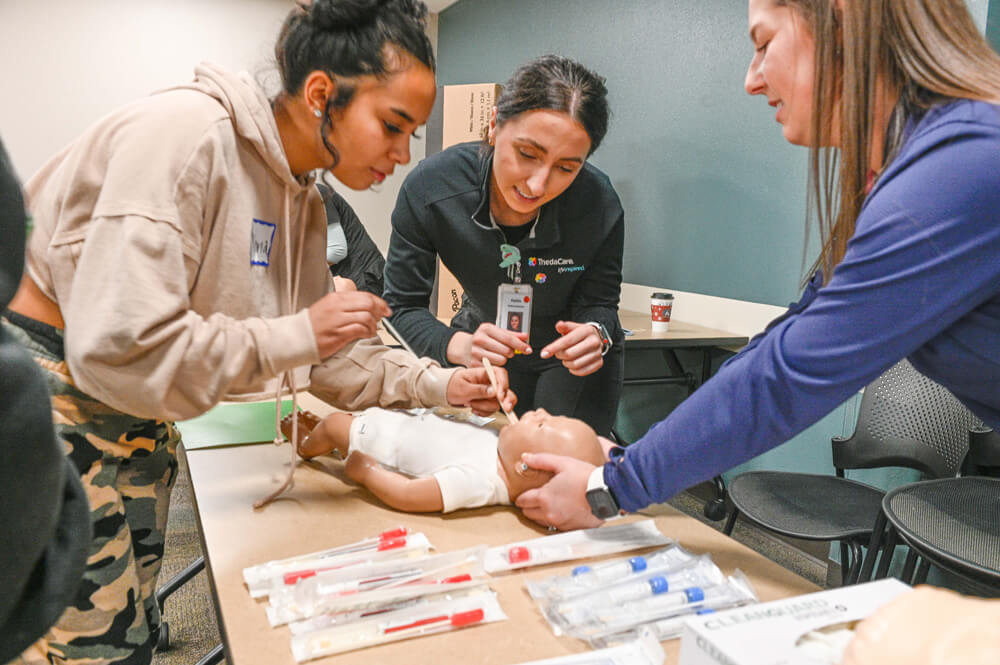
Supporting a loved one with a mental health condition can be a complex and emotional journey. As a family member or caregiver, your role is crucial in their recovery and ongoing well-being. Here is a comprehensive guide to help you provide effective and compassionate support.
Understanding the specific mental health condition your loved one is experiencing is the first step in providing meaningful support. Research symptoms, treatment options, and typical challenges associated with the condition. Reliable sources of information include:
Many organizations offer educational programs and support groups for family members. These can provide valuable insights and connect you with others in similar situations.
Express your feelings and concerns using "I" statements to avoid sounding accusatory. For example:
Create a safe space for your loved one to talk about their feelings and challenges. Regular, open conversations can help build trust and understanding.
A consistent daily routine can provide stability and reduce stress for your loved one. Help them develop a schedule that includes time for medication, therapy, physical activity, and relaxation.
Support your loved one in following their treatment plan. This may include:
Encourage activities that support mental health, such as:
Be aware of specific triggers and early warning signs that may indicate a relapse or worsening of their condition. Common signs include:
Work with your loved one to create a crisis plan that includes:
Encourage your loved one to engage with mental health professionals. Therapy can provide them with tools to manage their condition and support their recovery.
Many communities offer resources such as support groups, community mental health centers, and respite care services. These can provide additional support for both you and your loved one.
Supporting a loved one with a mental health condition requires compassion, patience, and knowledge. By educating yourself, fostering open communication, creating a supportive environment, recognizing warning signs, and taking care of yourself, you can make a significant positive impact on their well-being. Remember, you are not alone in this journey, and numerous resources and support networks are available to help you. By taking these steps, you can create a healthier and more supportive environment for both yourself and your loved one.